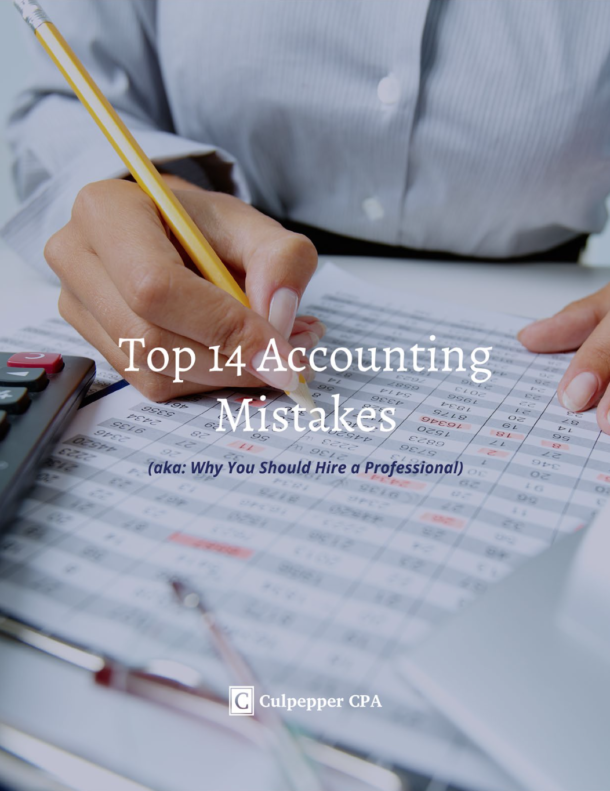Spooky season is in full swing. You’ve laid out your pumpkins, spread your spider webs, and boogeyman-proofed your house from goblins, ghouls, and that annoying kid next door, Randy.
But there’s one thing you may have forgotten to take a closer look at: Ghost… Assets.
What is a ghost asset?
Ghost assets are fixed assets, or long-term pieces of property or equipment, that can’t be accounted for, likely because they are physically missing, stolen, or unusable. That means that they’re on the books, but in reality, they’re nowhere to be found. Between 12 and 25% of assets in a fixed asset ledger don’t actually exist.
For example, let’s say you donate an out-of-date computer to a local after-school program. Are those missing assets still accounted for in your books? Or maybe, a tractor breaks down, and you replace it – but the old one still stays on the ledger.
This could take many forms: a demolished wall in a warehouse, a replaced security system, a new set of office furniture, or a stolen speaker set-up. All too often, these major changes to these huge investments don’t get updated on the books.
You’ve never heard of ghost assets? You’re not the only one. In a poll, 49% of business owners reported that they didn’t know what they were – and over 74% didn’t know how they can affect their business.
So, how do they affect your business?
When these assets are not properly accounted for and disposed of, they can kill your bottom line. In fact, nearly one-fourth of financial, insurance, and tax benefits created are related to ghost assets. This means that their bottom line is greatly altered by faulty information and poor accounting practices.
The real killer this season isn’t the spooky-ooky witches and warlocks, it’s those pesky ghost assets that can really affect a small business in the long term. Dealing with them today can help you…
- Reduce insurance premiums
- Streamline cost-effective annual updates
- Accurately account for your assets in financial reporting
- Improve budget for future capital expenditures
- Identify property tax-saving opportunities
- Optimize return-on-asset ratios
Letting these ghost assets haunt your ledgers could mean that you’re overpaying for taxes and insurance on things that you no longer own.
Now that’s scary.
If you’re unsure about what’s on your books (and no longer in your possession), schedule a meeting with Culpepper today. We can walk you through, line by line, and identify gaps where you could be overpaying for outdated numbers.
Get in touch here.


